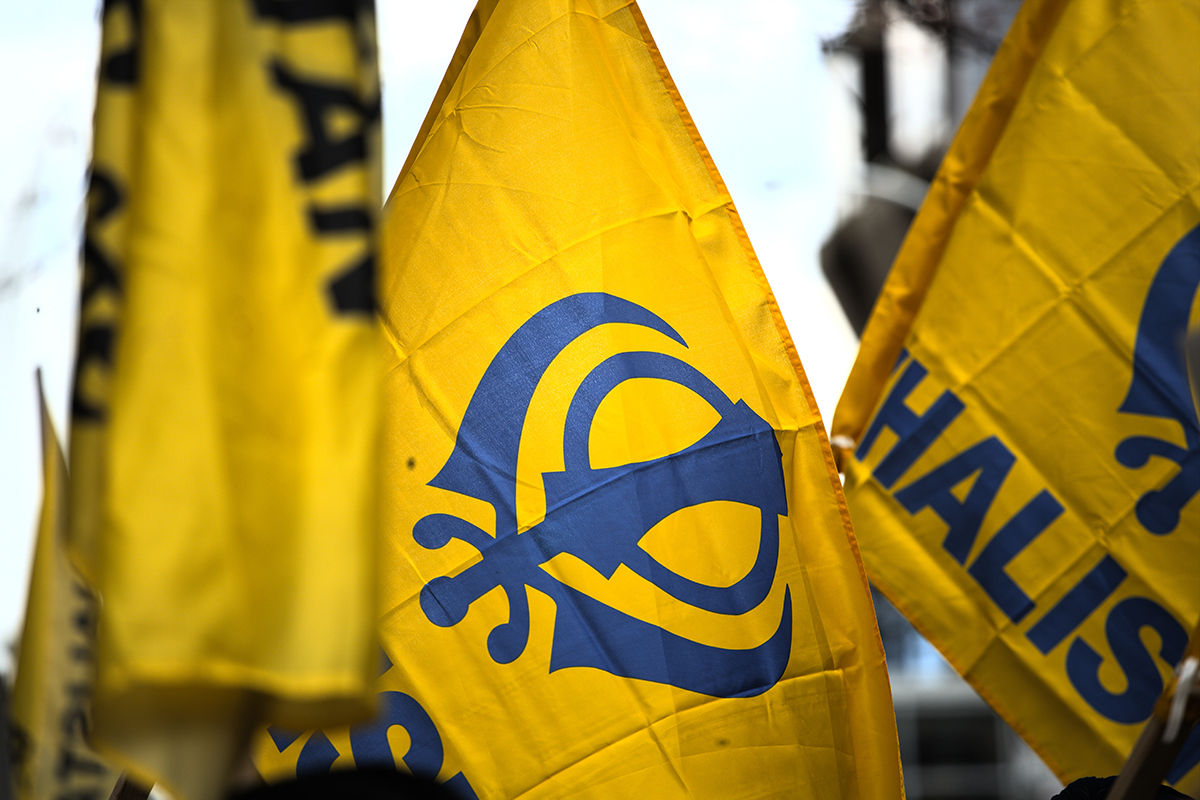Relations between Canada and India are increasingly strained following Canada’s allegations of potential Indian involvement in the murder of a Sikh activist, Hardeep Singh Nijjar. Both countries have now expelled senior diplomats in a sharp reciprocal action.
Canadian Prime Minister Justin Trudeau stated that Canada is investigating credible claims connecting India to the assassination of Nijjar, a leading Sikh figure in Canada. According to Trudeau, Canadian intelligence has been actively probing links between Indian government agents and the murder.
Canada’s foreign affairs minister, Mélanie Joly, announced the expulsion of an Indian diplomat, identifying him as the chief of the Indian intelligence in Canada. On the other hand, India retaliated by expelling a high-ranking Canadian diplomat stationed in India, citing interference and involvement in activities against Indian interests.
Hardeep Singh Nijjar, a vocal advocate for Khalistan—a separate Sikh nation—was killed outside a Sikh temple in Surrey, British Columbia. His death has sparked outrage within the vast Sikh community in Canada.
After Trudeau’s remarks, major Sikh organizations in Canada demanded that cooperation with India on intelligence and legal matters be halted, stressing India’s alleged role in the targeted killing of a Sikh activist on Canadian soil.
Balraj Singh Nijjar, the son of the slain activist, conveyed his gratitude to Trudeau and other officials. He expressed relief upon hearing that the truth about his father’s death might soon be unveiled.
Nijjar had been labelled a terrorist under India’s Unlawful Activities (Prevention) Act and was previously accused by Indian agencies of rallying Sikhs globally for the Khalistan cause. India has dismissed Trudeau’s claims as unfounded and has directed blame towards Khalistani extremists sheltered in Canada.
Both the White House and Australian officials have voiced deep concerns over the allegations, emphasizing the importance of a thorough investigation.
This recent conflict risks worsening already tense relations between Canada and India. Discussions about an ongoing trade agreement have been temporarily halted due to “serious concerns.”
Historically, the activities of Sikh activists in Canada have been a point of contention between the two nations. Notably, during the recent G20 leaders’ meeting in New Delhi, a direct meeting between Trudeau and Indian Prime Minister Narendra Modi was conspicuously absent. Their relations have been cool, with past events, including Trudeau’s 2018 visit to India and his apparent support for Sikh activists, fueling disagreements.
On a broader scale, the Khalistan movement, which seeks a separate Sikh homeland, has historical roots dating back to India’s independence. Its peak was in 1984, culminating in a tragic episode involving the Golden Temple, resulting in the assassination of then-Prime Minister Indira Gandhi and subsequent violent reprisals against Sikhs. The conflict even extended to Canada in 1985 with the bombing of an Air India flight.
The Khalistan movement still garners sympathy among some Sikhs in the global diaspora, especially in countries like Canada, the UK, and Australia.
The rift between Canada and India, rooted in historic and socio-political complexities, underscores the challenges faced by nations in navigating global diasporic identities and their intertwined political implications. As both countries grapple with the aftermath of the assassination, the international community keenly observes, hoping for a peaceful resolution. The diaspora’s role in shaping international relations remains significant, and as nations collaborate on global stages, understanding and addressing such intricacies will be paramount.







